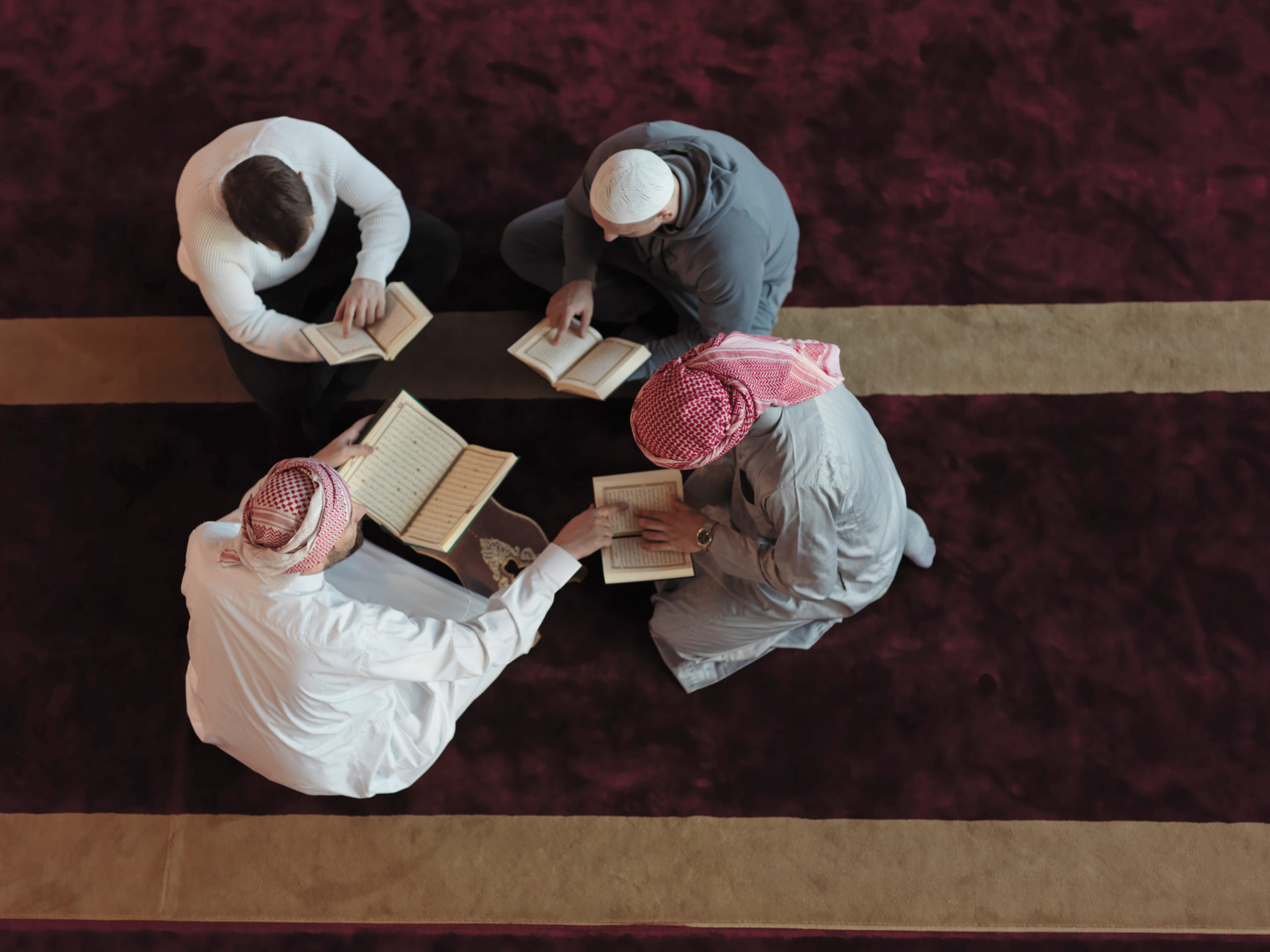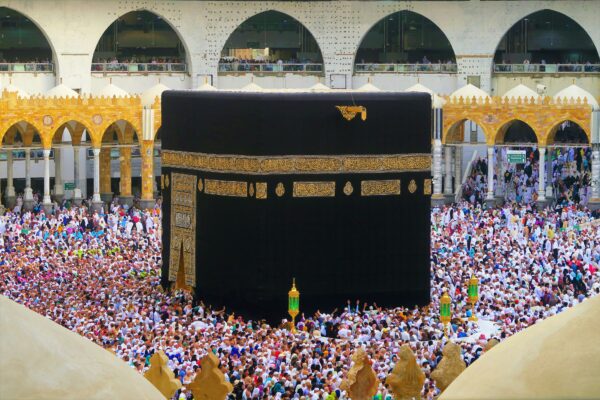It is easy to sit back, click our tongues, and claim that there is no unity within our ummah; the first step is always recognition that there is a need, now more than ever, for unity. The most difficult part however, for every individual including myself, is working towards it.
As Muslims, we can either stand still, perpetuate the divide further through hatred, or work to close the gap. It’s one thing to see rampant prejudice against differing schools of thought in older generations; as a millennial however, I’m astonished at how educated and otherwise “woke” Muslim youth still carry and even disseminate sectarianism further. These are the same youth who are first at the line to scream “black lives matter”, “Free Palestine!”, label themselves as feminists, and fight against Islamophobia, but suddenly fall silent when someone brings up the issue of sectarianism.
The silence of individuals within our own communities on the dangers of sectarianism, on the lives that are being lost due to it, is one of the most saddening and frustrating things to witness as a young college student surrounded by those who will scream at every rally and use every social-issue hashtag, but avert their gazes when someone mentions Shia genocide, or how the violence in the Middle East is being constructed in a way to exacerbate divisions within our ummah.
Either the silence comes out of a subconscious acceptance or approval of sectarian hatred, or a simple lack of awareness. Granted, sectarianism is a heavy topic, as is racism (it still exists, people!) or women’s rights. Discussion doesn’t come easy, but what does is ignoring the issue or dismissing its existence, which I believe is currently the case for a majority of our ummah. It’s hard to accept that racism against people of color still exists and is fully functioning in 2016, albeit in a different form than the 1950’s. Similarly, it is difficult to accept that sectarianism within our own faith exists; it is a harsh reality facing the Muslim world, the most dangerous sword being wielded that is slicing our ummah left and right – literally, and figuratively.
If talking about the dangers of sectarianism makes someone uncomfortable, I would rather have them squirm in their seat out of discomfort while engaged in constructive dialogue, than have them carry onwards blissfully, ignorant and unaware of the issue. Privilege and ignorance go hand-in-hand. Those who are in the majority, unaffected by the pitfalls of sectarianism, have the privilege to turn their heads and deny its existence, or even worse, justify it. Those people of our own faith who justify the staggering amounts of lives lost due to sectarian conflict, those who say “they deserved to die,” the ones who take Muslim-on-Muslim hatred lightly, they have lost in more ways than one. They have lost the essence of peace that is at the heart of our religion and they have lost to those corrupt individuals in the seats of world powers who use the oldest trick in the book: divide and conquer.
For some reason, many seem to believe that standing up in the face of oppression comes with conditions. Those who are being oppressed have to be from a similar background. Those who were killed have to share their beliefs. If they do not have identical beliefs, the news of their oppression or genocide deserves a cursory glance and nothing more. “Closing the gap” doesn’t mean for everyone to homogenize their beliefs, it means extending our hands in respect and recognition of the fact that someone from another school of thought is still our equal in faith. It means we grieve each innocent loss of life as sincerely as the next. In these moments of loss, in these moments where oppression is at its peak for the Muslim world, constructed divisions do not, and should not, matter anymore.





